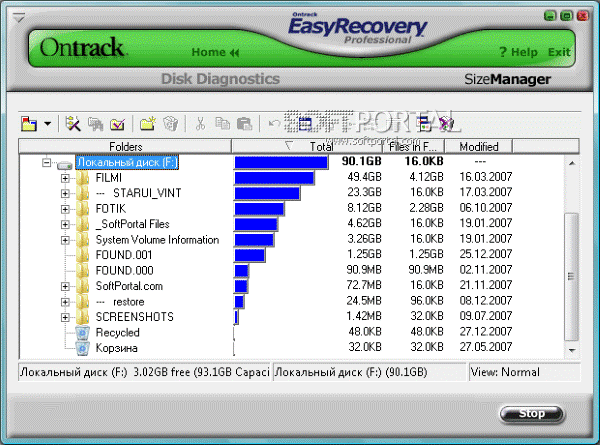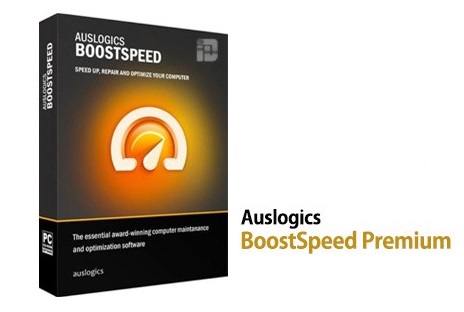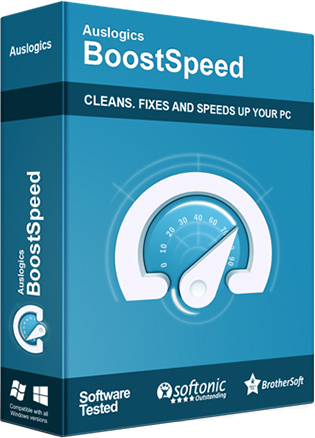


Also, you might want to completely ignore this program's somewhat sneaky ( and somewhat clandestine) thoroughly useless "system status" check up 'selling' feature after the registry cleaning is complete. Be sure to uncheck those options if you're not interested. Side Note: For anyone who may be reading this thread but has not yet tried Auslogics Registry Cleaner (but might want to try it out): During the original installation process, Auslogics Registry Cleaners setup file tries to install a browser toolbar and make changes to your browser's home page. This is particularly true for those who want to alter the original and "standard" CCleaner settings included and initiated by the author (after you initially install the program). A thorough reading of the online HELP files would also help you to get the most out if it. It's incredibly easy to use and automatically prompts users to backup the registry before it makes changes at all, and the software also includes a number of other useful tools. In fact, CCleaner is probably the best "free" registry cleaner program I've ever tested. Having tested both of these programs on numerous occasions in the past it is my belief is that CCleaner is ( most importantly) the "safer" and more effective of the two as well, where registry cleaning is concerned, as well. Does one appear to be more effective, etc. Do they serve the same function, to the same extent?. Most haven't been used in a year or more.> I was actually referring to the two registry cleaners: Auslogics Registry Cleaner vs CCleaner. The rest play a "supporting role" and are nice to have. It's the first 2 proggies that see regular usage. Those are some tools (among many more) which are in my toolbox should I ever need them or want to look at something specific. And once I got something set up and working why change it?Īlternate stream view/delete from Nirsoft Because they tend to bloat up and add useless features. More and more as time goes on I update all these cleaning programs less and less. It's all a cut-n-dry routine at this point.

I don't use anything too aggressive and I always check to see what is getting zapped - though not as much as when I first started. The end-goal of any optimizations I do is to save space and lighten the system load. Pretty much the same stuff I've been using for years.


 0 kommentar(er)
0 kommentar(er)
